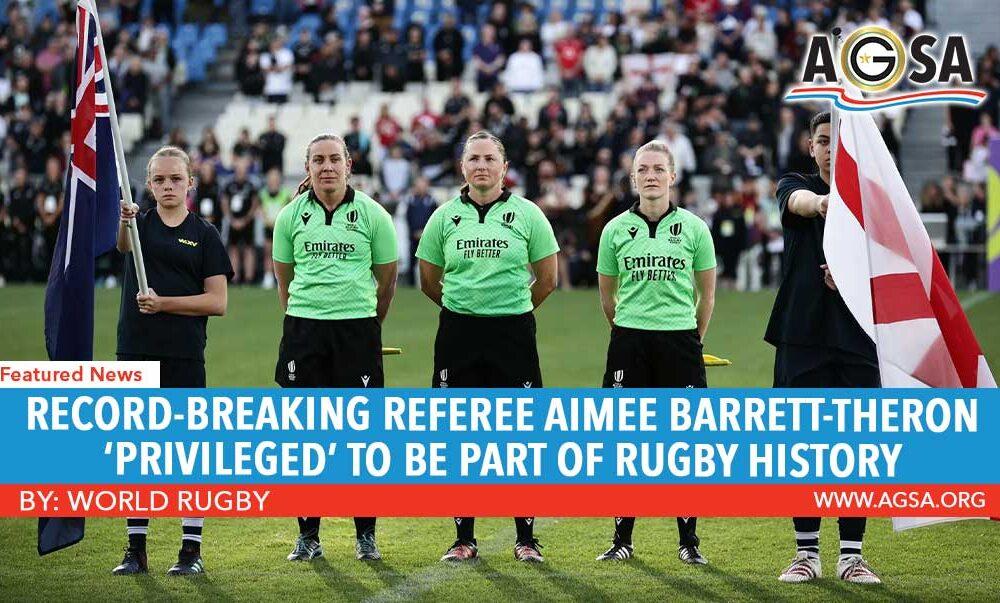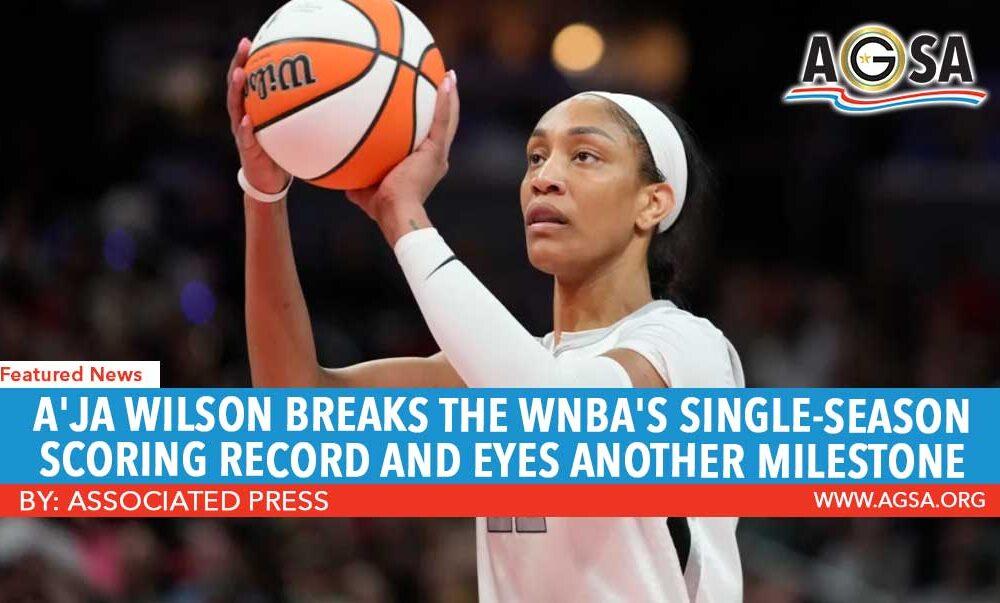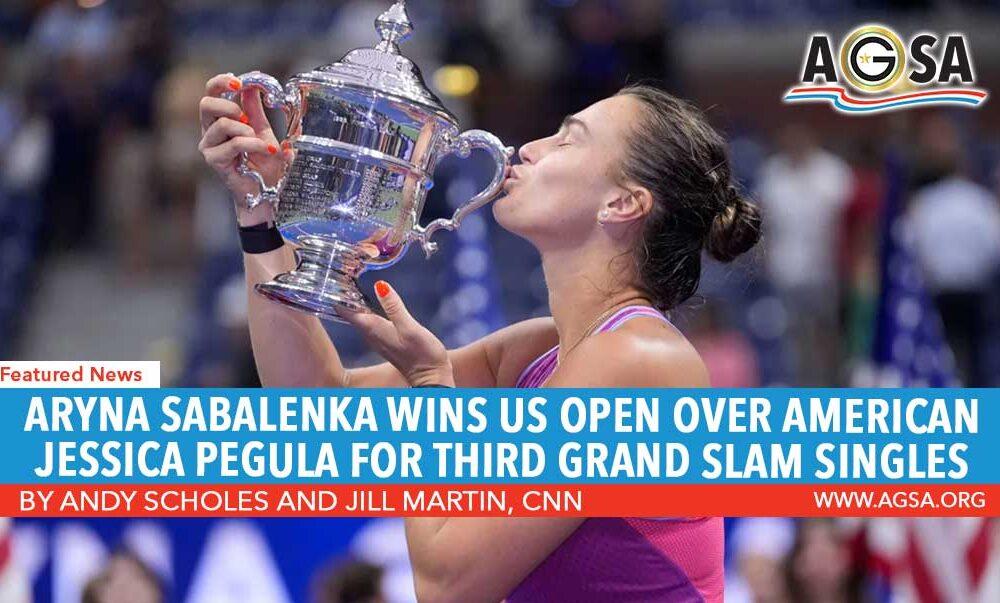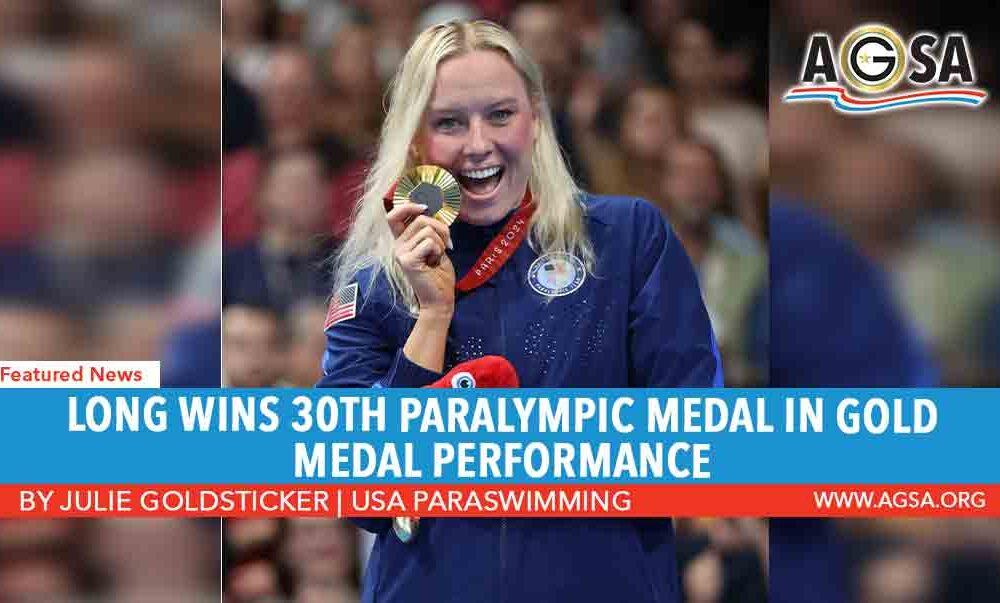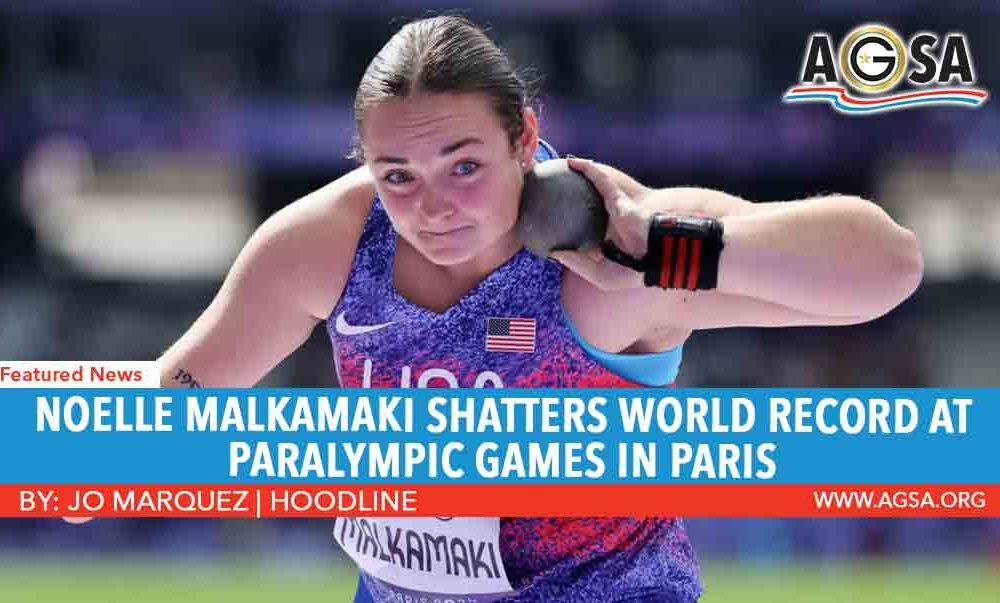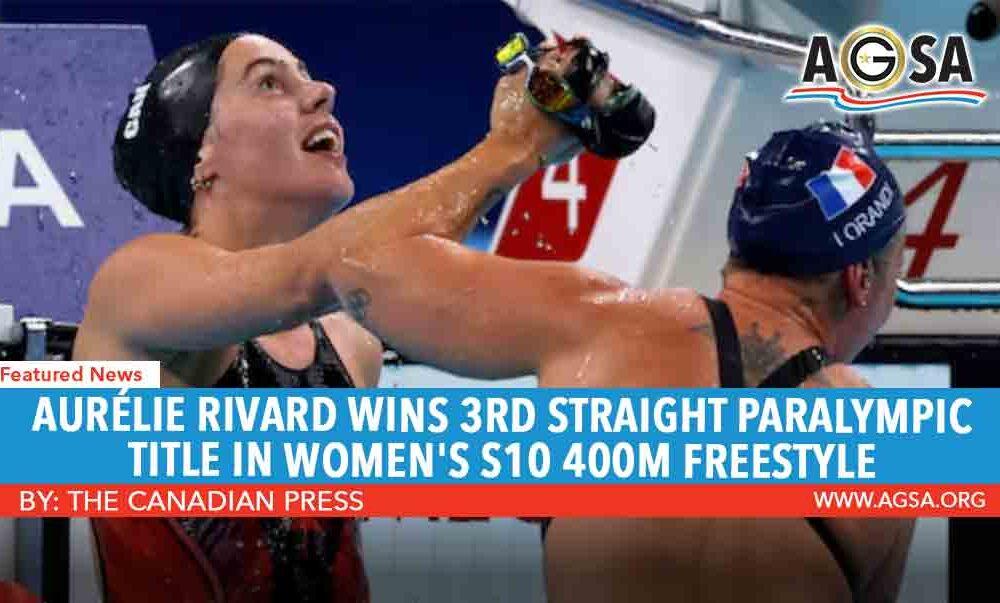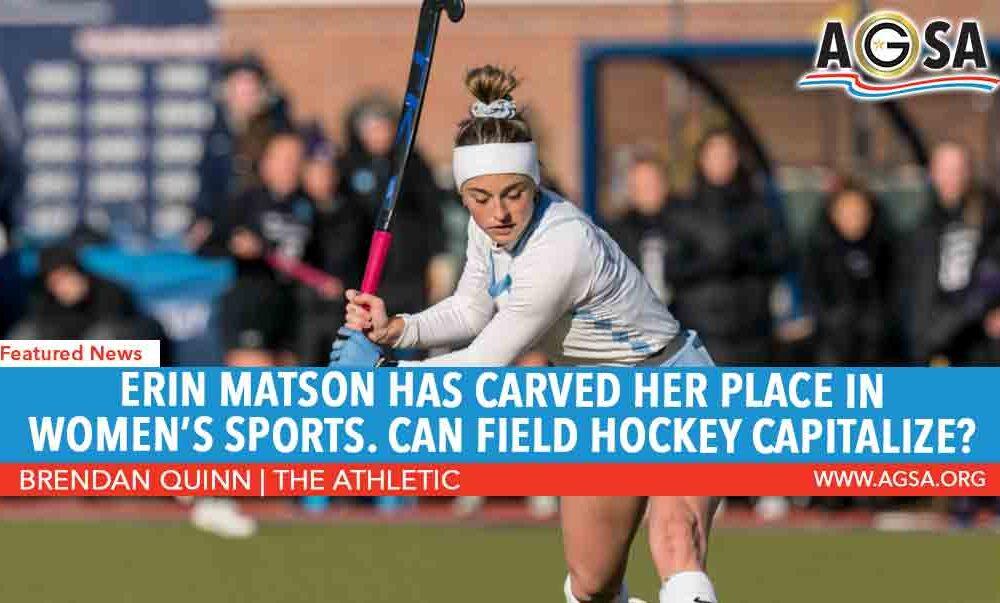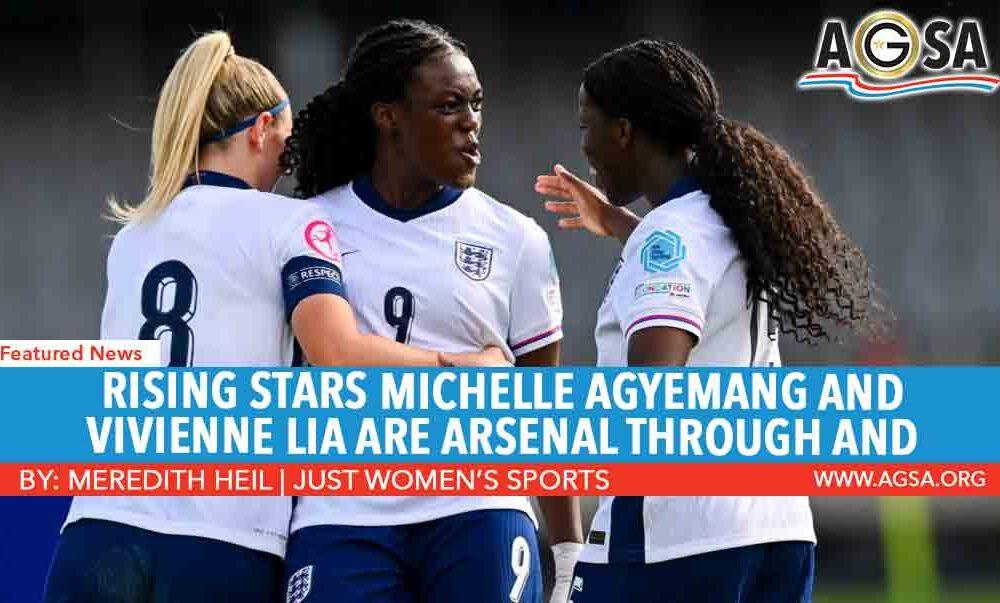by: World Rugby
On Saturday, Aimee Barrett-Theron will run out at Allianz Stadium to become the first female match official to take charge of 40 tests.
Barrett-Theron will likely take a moment to process the achievement and may also allow herself a glance at the Allianz Stadium stands in search for her twin brother, before blowing her whistle to start England’s final WXV 1 warm-up match against New Zealand.
It is a momentous milestone for the South African referee, and former Springbok Women player, who is no stranger to breaking ground, being the first woman to take charge of Currie Cup, Super Rugby and United Rugby Championship matches.
This latest slice of sporting history has been given added significance not only by the location of the match, in Twickenham, but by the fact her great friend and fellow match official Sara Cox will join her in the 40-test club only six days later.
“It’s so special,” Barrett-Theron told World Rugby. “I actually see it in two ways. The first one is to share it with Sara Cox, who’s a really good friend of mine.
“We’ve come through the ranks together. We started reffing the sevens circuit together and into the 15s, done a few World Cups so it’s just so, so special to share it with her.
“I know when I try and get to the UK, when I have games out there, I always try to visit her because she’s just a really good person. So, it’s special in that way.
“And then the other side of it is, it’s amazing to be a part of the game for so long. I started playing in 2005 and I saw it in its real development stages and to see where it is now and to have done 40 tests, it’s just amazing because the level goes up.
“You know, from the first 10 [tests], the second 10, the third 10, and we’re at this incredible level at the moment. So, it’s just really exciting.”
Barrett-Theron and Cox first worked together at the HSBC USA Women’s Sevens in Atlanta in April 2016, the South African’s debut on the circuit, and they have pushed each other ever since.
“We chat on a regular basis. We try video calls, we’ll chat over WhatsApp,” Barrett-Theron added.
“I wouldn’t even say it’s a rivalry, we’re just two referees taking on the male dominated worlds in our respective countries. And we’ve shared some really good times together.”
Big dreams
As Barrett-Theron suggests, the women’s game has come of age in recent years with national attendance records falling like confetti across the world.
Organisers are expecting at least 40,000 – and potentially closer to 50,000 – fans to head to Allianz Stadium on Saturday for what will be the Red Roses’ third test at the iconic venue in less than 18 months.
The South African has seen that journey up close, having played at Women’s Rugby World Cup 2010 in England and then officiated at the showpiece tournament in both 2017 and 2022.
Barrett-Theron has also experienced a big crowd in Twickenham, having been in the middle when a crowd of 58,498 watched England beat France last April, a world record for a standalone women’s test.
“I always had big dreams and probably growing up, I didn’t see myself being a woman as any different,” she said.
“I’d see the men competing at the World Cup, so I was like, ‘Cool, that’s where I want to compete. I want to compete at the World Cup’. I didn’t really see gender with rugby.
“Now that the women’s game has grown so much, I’m just really privileged to be a part of that.”
Within five months of her World Series bow, and with only three tournaments under her belt, Barrett-Theron ticked off the first item on her career wishlist when she refereed at the Rio 2016 Olympic Games.
She has gone on to officiate a Women’s Rugby World Cup semi-final, the all-time classic between England and Canada in Auckland, and has designs on returning to England and potentially Allianz Stadium next year, selection permitting.
“Having played in a World Cup myself and then being on the other side of it, I really cherish the World Cups,” Barrett-Theron said.
“But if I can take it back to a dream that I had when I’d watched my first kind of ‘World Cup’ and the Sydney Olympics, I knew I wanted to be there one day.
“So, being able to run out at the 2016 Olympics will always be very high up there. But it’s been quite special to have quite a few milestones, quite a few really incredible experiences out there so far and I hope there’s many more to come.”
Importance of preparation
That Barrett-Theron has achieved a lot since that first sevens tournament in 2016 is clear. So, what are the secrets to her success?
“I really pride myself on my preparation for the games,” she replied. “Physical preparation, mental prep, prepping for the teams and different styles of teams.
“I’m fortunate enough to be a professional rugby referee. So, I do have the time to spend on it, and I think a lot of people don’t know how much time we do spend on it and how seriously we take it. In preparation and in review.
“It’s always tough watching yourself back on camera, but it’s something that you just get over and you take your lessons from each game, and you try to grow from there.
“So, yeah, probably a few factors around that and then just general determination, resilience with it. It’s a tough world to be in at times.
“You know, a lot of pressure on results and a lot of focus on the referee and I think I’d say my profile in general, I’m really trying to open up that side to it where I am more of a human being.
“I am very real on the field with the players. I have so much respect for them. I’m still a massive fan girl on the inside, and I hope that comes out in my performances.”
With that in mind, how does she hope people see her? “I’d like players to just be able to say, ‘Ah, it’s Aimee. It’s Aimee reffing’, you know, ‘calm, confident, comfortable. Will ref with a rugby brain as opposed to being perfectly technical’.
“I really want to try and get the most out of the game and allow the players to play the best rugby they can.”
Words of wisdom
It is an approach that has carried her far, but does Barrett-Theron have any advice for those match officials who may be starting out on their refereeing journey?
“I think the best thing to do is get your foundation right,” the record-breaking referee said. “Put in the hard work and the physical training. Make sure you pass the fitness test because on the field, especially being a woman, the first question is, can she keep up? Is she as fit as me?
“I made sure that I covered all my bases when it came to that, and if we need to reach the main standards, we reach the main standards.
“And then the other thing is to watch as much rugby as you can, but to see it not as a supporter of your team. Actually, watch the ref, watch how they move around the field, watch the signals that they make.
“I remember some of my first games, I thought I knew the signals, of course, but to actually do it yourself, I watched the video back and I was horrified. It took things like practising in front of the mirror to get the small things right.
“And then lastly, some of the best advice I got early on was, don’t try to be perfect. You know, the mistakes are the best way to learn.
“I think that’s sometimes what’s scary about reffing because you’re scared to make a mistake. You don’t want to change a game or make the wrong call and everyone shouts at you.
“Actually, sometimes [it’s OK to say], ‘Guys, I got that wrong’ or ‘I didn’t see it that way’ or ‘I missed it, sorry about that’. And you go on.
“As soon as we take that pressure off ourselves, it just allows you to be a bit more free on the field.”
Sage words from one of the best in the game.
